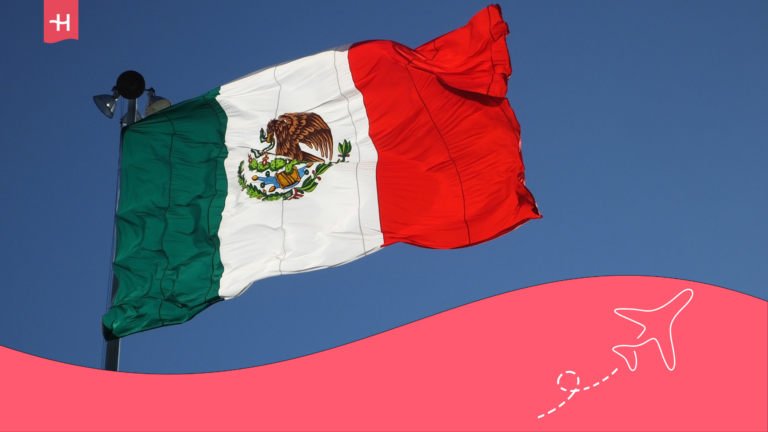Volunteering in Tanzania: Requirements, best programs, and costs
Aside from the Serengeti migration the beaches of Zanzibar and Kilimanjaro, volunteering in Tanzania is a meaningful reason to visit.
Behind the idyllic islands of Zanzibar lies a tougher side of Tanzania—one that makes it a powerful destination for volunteering. Volunteering in Tanzania means immersing yourself in a land of contrasts, sharing daily life with local communities, and becoming part of a landscape that feels straight out of a nature documentary. From the sweeping Serengeti plains to the coastal villages of Zanzibar, Tanzania offers meaningful adventures with a purpose.
Volunteering connects you with people who are working hard every day to improve their lives—people you can support with your skills, your time, and your willingness to help. And honestly, that’s all it takes. Volunteering offers a different kind of travel experience, one that’s deeper, more meaningful, and genuinely transformative. In Tanzania, every action matters. Whether you’re teaching English to kids in Moshi, supporting women entrepreneurs in Dar es Salaam, or helping protect elephants on wildlife patrols, your contribution leaves a mark.
This article has everything you need to get ready for your volunteer experience in Tanzania. From the requirements and paperwork to current programs, expected costs, and the rewards of getting involved. Keep reading, because if you’ve ever dreamed of exploring the world in a more meaningful way, Tanzania might just be the place you’ve been waiting for.
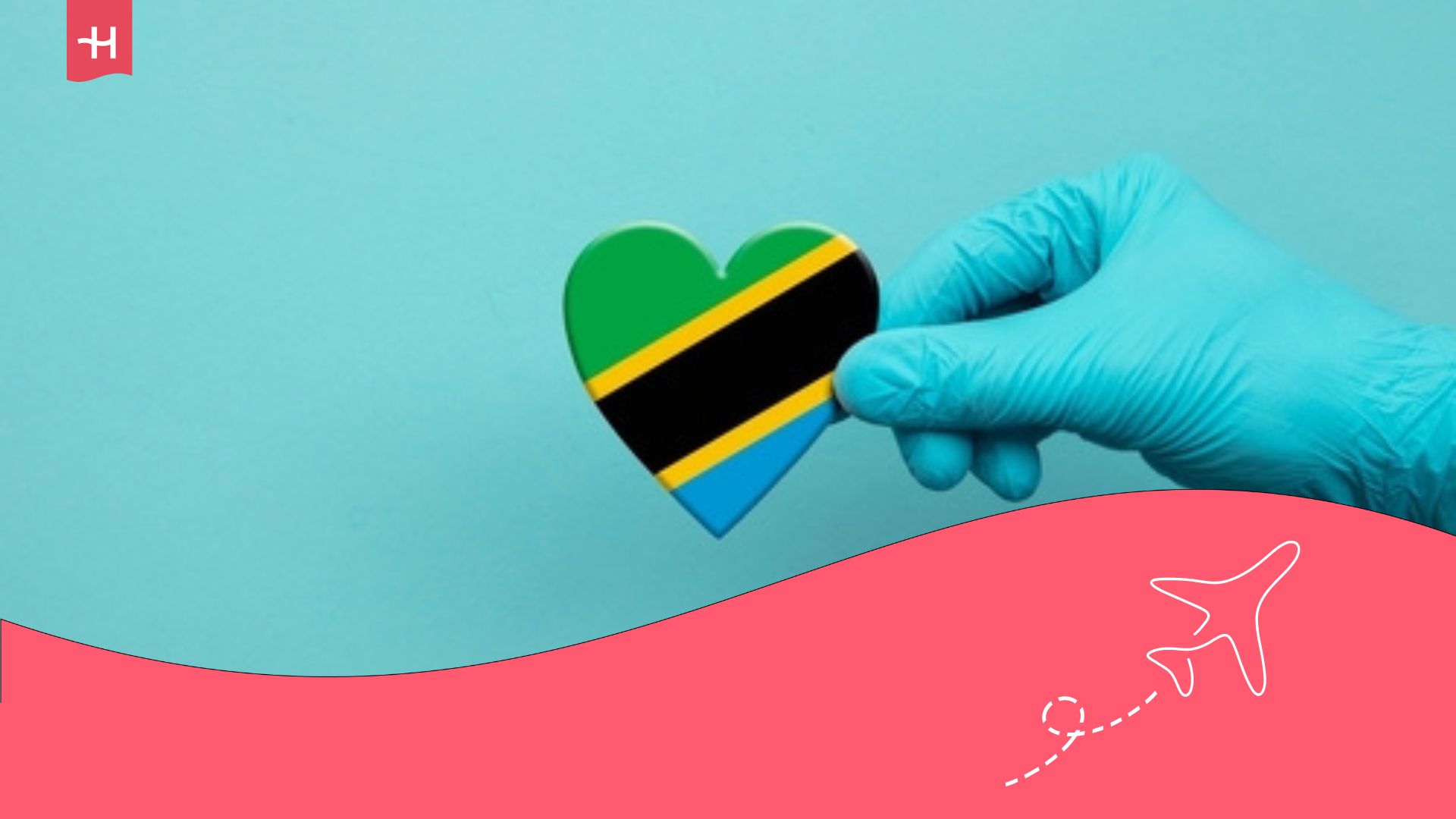
How can I benefit from volunteering in Tanzania?
Tanzania is a country of breathtaking natural beauty, but it also faces significant social challenges. Despite being peaceful, politically stable, and having made notable economic progress, deep-rooted structural issues remain. According to the World Bank, over 26% of the population still lives below the poverty line. For many rural communities, that means limited access to healthcare, education, and even basic necessities like clean water and electricity.
Tanzania doesn’t just need volunteers—it transforms them. Its pace, its people, its challenges, and its way of life invite you to rethink your priorities, let go of assumptions, and appreciate what truly matters. It’s an experience that stirs you, moves you deeply, and often leaves you wanting to stay connected to social causes long after. Volunteering here isn’t just about giving, it’s about receiving, learning, building real connections, practicing humility, and seeing the world through new eyes. With its unhurried rhythm, strong sense of community, and extraordinary natural beauty, Tanzania leaves a lasting mark on those who choose to get involved.
Here are some of the most important benefits you will gain from volunteering in Tanzania:
1. You’ll have direct connection to a deeply communal culture
Tanzania is one of those places where life is lived in community. Meals are shared in circles, children are raised by everyone, and every neighbor is greeted as you pass by. As a volunteer, you’ll experience this way of life up close and become part of it. You’ll learn the true meaning of collective respect and discover the power of cooperation over individualism. You won’t just witness the culture, you’ll be part of it.
2. You’ll develop personal and professional skills
In Tanzania, you’ll find yourself adapting to new environments, solving problems with limited resources, overcoming language barriers, and leading small initiatives—often without prior experience. While it can be challenging, it’s exactly these situations that help you grow. You’ll strengthen your skills in organization, leadership, empathy, and creativity. And if you’re a student or young professional, this kind of experience can truly set you apart.
3. You’ll learn things that are not taught at university
How do you teach reading without books, support a clinic without modern equipment, or explain an idea when you don’t share a language? In Tanzania, you’ll learn that solutions aren’t always technical. More often, they’re human—rooted in creativity, patience, imagination, and a strong will to make a difference. And that’s a lesson that stays with you.
4. You’ll have a purposeful travel experience
A lot of travelers head to Tanzania to unwind, go on safaris, or soak up the sun on the beach. But here, your journey will be about connecting with yourself, with the people you meet, and with the land itself. Volunteering gives you a chance to see the country beyond the usual tourist spots. You’ll find yourself walking through quiet villages, sharing meals in local homes, having real conversations with community leaders, and witnessing sunsets that truly stop you in your tracks. And through it all, you’ll be making a meaningful difference.
5. Cultivate real and lasting bonds
One of the most rewarding things about volunteering in Tanzania is the chance to connect with people from all corners of the world who share your passion. These connections often turn into lasting friendships that stand the test of time and distance. The relationships you build aren’t just friendships—they become a global support system that can open doors for future collaborations. You’ll leave with new friends and a worldwide community.
6. You’ll be in contact with a unique wilderness
Imagine waking up to the sound of monkeys, spotting giraffes on your way to work, or spending your day off on the beaches of Zanzibar. Tanzania is a haven for incredible wildlife and biodiversity. As a volunteer, you’ll have the chance to work alongside conservation projects, explore national parks, and live with communities that coexist closely with nature. It’s a unique opportunity to truly reconnect with the natural world.
7. It is an experience that redefines your priorities
When you return, things will feel different. What once seemed urgent won’t weigh as heavily, and material things won’t feel as important. Your priorities shift, and you gain a fresh perspective on life. Volunteering in Tanzania often sparks a deeper sense of gratitude and motivates many to keep supporting meaningful causes. For some, it’s the start of a bigger journey.
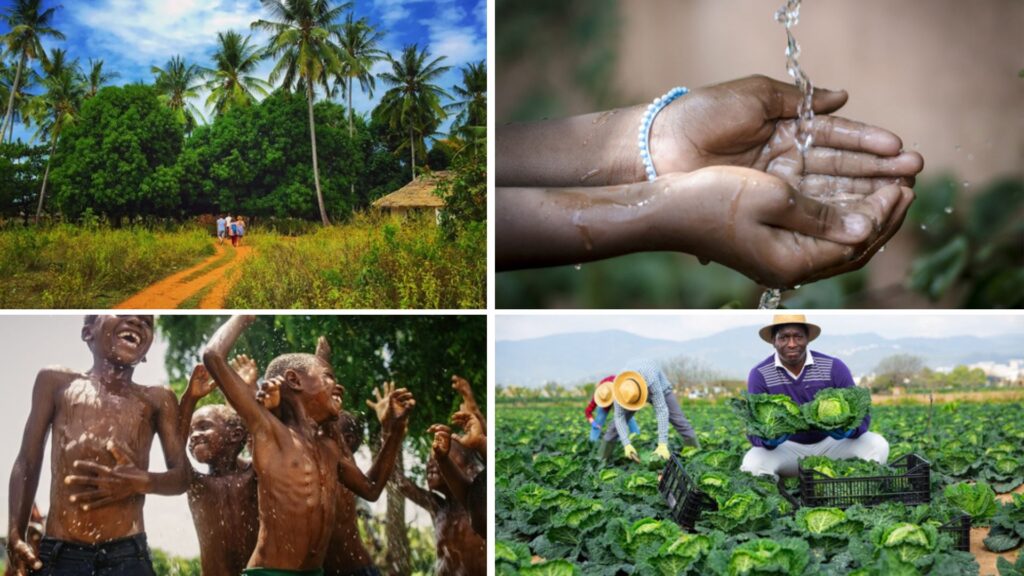
What are the requirements for volunteering in Tanzania?
Let’s set aside the personal side for a moment and focus on the practical and the bureaucratic part of volunteering. Because volunteering in Tanzania is more than just signing up for a program and booking a flight. Before that, you’ll need to check the volunteer requirements and get your paperwork in order.
Here’s a clear breakdown of what you’ll need to prepare before you go. Some of these are required for entry into the country, while others are key to keeping you safe and comfortable during your stay.
1. Mandatory visa
A visa is required to enter Tanzania. There are two options that volunteers usually use, depending on the type of program and its duration:
- Volunteer visa: This is the most suitable option. It’s processed as a “Temporary Resident Visa – Category C” and allows you to volunteer for up to 90 days, with the possibility to extend for another 90. Depending on your program, you can apply for it either before you travel or upon arrival.
- Tourist visa (eVisa): Some volunteers use this visa if their program is very short and doesn’t involve formal activities. It’s valid for 30 days and can be extended while you’re in Tanzania. However, it’s not the best choice if you’ll be working with NGOs or educational projects.
If in doubt, check with the organization to find out which one applies to you. Some will take care of the paperwork or send you an invitation letter.
2. Minimum age and required profile
Most programs welcome volunteers who are 18 or older. Some, especially those in healthcare or education, may require volunteers to be older or have relevant qualifications.
Professional experience usually isn’t required, but qualities like good physical and mental health, a respectful and open-minded attitude, and the ability to adapt to rural or low-resource settings are highly valued. Basic English skills are also important, as it’s the main language used in international projects.
3. Mandatory and recommended vaccinations
The only mandatory vaccine to enter Tanzania is the yellow fever shot, if you’re coming from a country where the disease is common (like places in Latin America or Africa). In that case, you’ll need to show an international vaccination certificate upon arrival.
In addition, other vaccinations are recommended:
| Vaccination | Is it mandatory? | Why is it recommended? |
| Yellow fever | (if coming from a risk area) | Migratory requirement |
| Hepatitis A and B | No | Through contact with food or medical care. |
| Tetanus-diphtheria | No | Due to possible wounds or cuts. |
| Typhoid fever | No | Due to variable sanitary conditions. |
| Rabies | No (but recommended) | If you are going to work with animals or in rural areas. |
| Malaria (oral prophylaxis) | No (but highly recommended) | Depending on the region where you are going (Zanzibar, Arusha, etc.) |
Before traveling, it’s best to have a medical check-up and consult with a physician specialized in travel medicine.
4. International medical insurance
Tanzania doesn’t require travelers to have insurance, but it’s definitely a smart idea to have it. Private clinics can be expensive, and access to public healthcare in rural areas is often very limited.
Before buying a policy, make sure it covers the basics: medical treatment, accident assistance, and medical or funeral repatriation. If you can, look for plans that also cover volunteer work or community service activities.
Another tip is to always read the fine print before signing any contract—some insurance policies exclude rural volunteering, contact with animals, or tropical disease treatments.
5. Other important documents
In addition to the visa and yellow fever certificate, bring in physical and digital format the following documents:
- Invitation letter or program acceptance.
- Valid passport (minimum 6 months).
- Copy of medical insurance.
- Contact information of the organization in Tanzania.
- Round trip flight itinerary.
- Photocopies of documents in case you lose them.
6. Participation fees and personal funds
Many programs in Tanzania charge a registration fee that covers accommodation, meals, transportation, and support. But you’ll also need extra money for things like local transport, meals or snacks not included, any personal purchases outside the program fees, a mobile data plan, and any trips you want to take on your days off.
7. Reliable connectivity and internet during your volunteering in Tanzania
Rural areas and nature reserves in Tanzania often offer limited or unreliable internet access. If you’re volunteering in places like Arusha, Moshi, or coastal villages, don’t expect to always have WiFi.
To stay connected—whether it’s using Google Maps, a translator app, coordinating with your NGO, or keeping your loved ones updated—the best option is to travel with one of Holafly’s monthly data plans. You can choose from 10 GB, 25 GB, or unlimited data, and enjoy reliable, secure coverage in over 170 countries at a great price. That way, you can focus on your volunteer work without worrying about data limits.
Important: If you are a frequent traveler and want to stay connected without worrying about expensive roaming or looking for a new SIM at every destination, Holafly’s subscription plans are for you. With a single eSIM, enjoy internet in more than 170 countries for a fixed price and no surprises on your bill. Travel without limits and connect easily and securely! 🚀🌍

What are the best volunteer programs in Tanzania?
Tanzania offers volunteer programs in fields like healthcare, education, women’s empowerment, childcare, and wildlife conservation. Many are run by local and international NGOs working in rural areas, providing immersive and safe experiences for those who want to travel with a purpose.
Here are five highly rated options:
1. Projects Abroad – Medical volunteering in Arusha
Projects Abroad is one of the most experienced organizations worldwide when it comes to structured volunteer programs. Since 1992, they’ve been active in over 20 countries, providing full support before, during, and after your trip.
Their medical program in Tanzania is based in Arusha, a city nestled between Kilimanjaro and the Serengeti. Volunteers work in hospitals, rural clinics, or community health centers. Depending on your background, your tasks might range from clinical observation to supporting public health campaigns or handling basic administrative duties.
| Characteristic | Detail |
| Requirements | Over 16 years of age. Interest in public health. Medical student or graduate. |
| Duration | From two weeks to three months. |
| Includes | Accommodation in host families. Pick up and drop off at the airport. Three meals per day. Medical insurance. 24/7 support. Certification of project completion. |
| Price | Starting at $400 per week |
| Popular projects | Medical internships for high school students. Internships in midwifery, dentistry, nursing. Medical program for pre-medical students. |
2. IVHQ – Teaching in Arusha
International Volunteer HQ (IVHQ) connects volunteers with affordable, well-run programs around the world. In Tanzania, they focus on schools in Arusha, where classrooms are often packed and understaffed. You’ll help by teaching or supporting local educators in various subjects. You might also have the chance to support schools for students with disabilities.
This experience suits you perfectly if you want to work with children, even without any teaching background.
| Characteristic | Detail |
| Requirements | 16 years of age or older. Criminal record certificate for volunteers over 18 years of age. Basic English. Travel insurance. |
| Duration | From one week |
| Includes | Pick up at the airport. Accommodation in student residences or homestays in Arusha. Three meals per day. Permanent orientation and support. Discounts on travel and tour complements. Certificate of International Voluntary Service. |
| Price | Starting at $370 per week. Registration fee of $299. |
| Popular projects | English language instruction Arts and sports classes School support in orphanages |
3. African Impact – Marine conservation volunteering in Zanzibar
Many people recognize African Impact for its ethical volunteer programs focused on conservation and community development. One of their projects takes place in Zanzibar, a beautiful tropical archipelago off Tanzania’s coast in the Indian Ocean.
What will your volunteer work involve? You’ll be hands-on in dolphin conservation and protecting the fragile marine ecosystem around the islands. Your days will include boat trips and snorkeling in the Menai Bay Conservation Area, studying bottlenose and humpback dolphins. You’ll track their movements, behaviors, and how they interact with tourist boats.
The project is based in Jambiani, a fishing village on the southeast coast of the island that will allow you to experience the island lifestyle up close.
| Characteristic | Detail |
| Requirements | Over 18 years of age. Good physical condition and swimming knowledge (it’s not mandatory to have a diving certificate). Intermediate English. Travel insurance. |
| Duration | Minimum two weeks. |
| Includes | Accommodation in volunteers’ homes. Meals. Pick up at Abeid Amani Karume International Airport (Zanzibar). Activities. Constant support and guidance. |
| Price | From $2,500 for 2 weeks. |
| Popular projects | Coral reef monitoring. Daily dolphin monitoring. Marine conservation. |
4. Go Volunteer Africa – Child care in Tanzania
Go Volunteer Africa is a pan-African organization active in over 20 countries across the continent. Their program in Tanzania focuses on supporting vulnerable children and promoting social inclusion.
You’ll have the chance to work in orphanages, foster homes, informal schools, or community centers, helping with everything from emotional support to organizing skills workshops. The childcare volunteer programs take place in Arusha, Moshi, Bukoba, and Biharamulo, so you can choose the location that suits you best. Either way, it’s a deeply rewarding experience.
| Characteristic | Detail |
| Requirements | Over 18 years of age. Social sensitivity. Basic English |
| Duration | From two weeks to three months. |
| Includes | Accommodation with volunteers or local families. Pick up at the airport. Three meals a day. Training and local support. |
| Price | From $490 for two weeks. |
| Popular projects | Assistance for children. Workshops with women. Educational and recreational activities. |
5. Art in Tanzania – Creative and sustainable volunteering
Art in Tanzania is an innovative NGO that blends volunteering with sustainable development and artistic projects. Based in Dar es Salaam and Zanzibar, they offer opportunities for a variety of skills—from teaching art in schools to working on environmental campaigns or creating audiovisual content for NGOs.
The approach is collaborative and flexible, allowing you to join a multidisciplinary team working on culture, education, youth entrepreneurship and environmental protection.
| Characteristic | Detail |
| Requirements | Over 18 years of age. Creative or social profile. |
| Duration | From two weeks. |
| Includes | Accommodation. Meals. Local guide. Internet access. |
| Price | From $890 for two weeks |
| Popular projects | Community art Environmental education Communication for local NGOs |
Types of volunteer projects in Tanzania
Volunteering opportunities in Tanzania are as varied as its landscape. From the Serengeti plains to the coastal villages of Zanzibar, there’s a genuine need for help, ideas, and passion across many fields. Each project comes with its own unique challenges and rhythms, but all are equally meaningful.
Here are the most common ones, what they involve and where they usually take place.
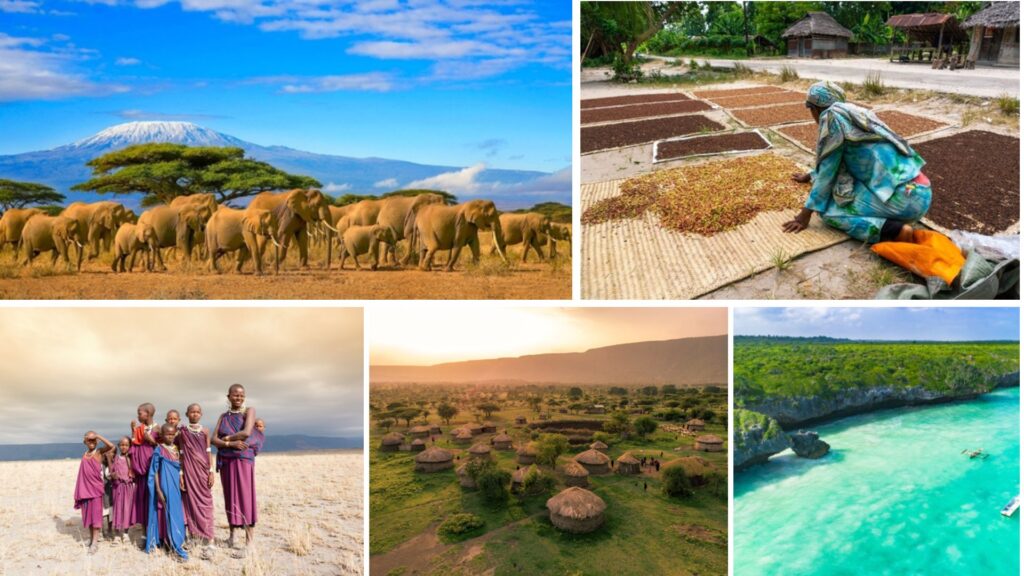
1. Education and school support
Tanzania faces serious challenges like limited resources, infrastructure, and trained teachers, which restrict opportunities for millions of children. Many schools lack desks, books, and internet access, making education projects among the most widespread across the country.
As a volunteer, you’ll have the chance to support rural primary or secondary schools, community centers, or informal schools by helping with tutoring in subjects like English, math, or computer skills. You might also be asked to lead creative classes, such as music, art, or sports. You don’t need to be a certified teacher—just a willingness to share and learn.
Where? In areas such as Moshi, Arusha or Dar es Salaam, demand is high.
2. Community health and medical volunteering
While Tanzania has made progress in healthcare, some regions still face dangers where even a simple infection can be life-threatening. Access to medical services varies greatly between urban and rural areas. If you have training in medicine, nursing, or related fields, you can contribute to public health projects. Clinics in rural villages often operate with limited resources, so they greatly appreciate any help.
What will you do as a volunteer? The tasks can vary widely. You might take vital signs, assist with vaccination campaigns, or lead hygiene workshops. Often, administrative support is needed—organizing records, conducting health surveys, or helping communicate with patients. You could also join efforts to prevent HIV/AIDS, promote sexual health, and fight malnutrition.
Where? The most active regions for this type of volunteering are Arusha, Mwanza and rural areas of Kilimanjaro.
3. Environmental conservation and wildlife
Tanzania is home to some of the world’s most incredible wildlife—lions, elephants, giraffes, zebras, and many more. Protecting their habitats is crucial, as poaching, deforestation, and poorly managed tourism pose serious threats to these delicate ecosystems.
If you love animals, you can get involved in nature reserves and national parks away from the typical tourist spots, helping with wildlife monitoring using camera traps, anti-poaching campaigns, environmental education in schools, or ecosystem restoration and tree planting projects.
Where? The main programs are in the south of the country and in reserves near the Serengeti, where there are still vulnerable populations.
4. Women’s empowerment and community development
One of the major challenges Tanzania faces is gender inequality. In many rural communities, women’s roles are restricted, and issues like child marriage, gender-based violence, and limited access to education remain very real.
In many communities, women lead small cooperatives, sewing workshops, savings groups, or urban gardens. As a volunteer, you can support these microbusinesses, offer lessons in English, basic finance, or digital skills, and take part in recreational activities with teenage mothers or vulnerable women. It’s less about “teaching” and more about being there with respect and understanding.
Where? This type of program is prevalent in Dar es Salaam, Zanzibar and villages near Moshi.
5. Child care and support in foster homes
Many children in Tanzania have lost their parents or face very challenging circumstances, which is why there are numerous care centers offering emotional and educational support. As a volunteer, you might lead recreational activities and games, help with schoolwork, assist with daily routines like meals and hygiene, and organize community events to bring the kids together. This kind of work calls for extra sensitivity, empathy, and dedication—remember, what you do can have a real impact on the future of many African children.
Where? Often on the outskirts of Arusha, Mwanza or Dar es Salaam.
7. Artistic, cultural and sustainable projects
Yes, art plays a big role in many volunteer programs in Tanzania. In places like Zanzibar, where Swahili culture is deeply rooted, there’s room for creative projects focused on community, as well as initiatives around sustainability and recycling.
You might lead workshops on mural painting, music, or theater at schools, get involved in plastic waste awareness and cleanup campaigns, or teach digital communication skills to local NGOs—like managing social media, design, and video production.
These types of projects tend to fit the volunteer profile very well. If you have a creative skill, there is probably a way to share it.
How much does it cost to volunteer in Tanzania?
Volunteering usually means living with less, but it’s not exactly free. While most programs cover your room and board, you’ll still have to budget for other essentials. The upside is that living costs are pretty reasonable, and the experience you gain is priceless.
In order for you to be able to calculate an approximate budget, the following is a table with different types of expenses that you may have during your volunteer trip in Tanzania.
| Type of expense | Estimated cost | Is it included in the programs? |
| International airfare | $1,100-1,500 | No. Must be arranged by the volunteer. |
| Accommodation | $0-300 per month | Usually included in most programs. |
| Meals | $0-200 per month | One to three meals per day included, depending on the program. |
| Program fee | $800-2,000 for 2 weeks (approx.) | Yes, includes management, logistics, support and donation to the NGO. |
| Medical insurance | $40-100 per month | Not always included. Must be contracted separately. |
| Local transportation | $20-60 per month | Not always included. In rural areas it may be higher. |
| Vaccinations (depending on country of origin) | $0-150 | Yellow fever mandatory if coming from an endemic area. |
| Visa processing | $50-250 (depending on type) | Generally paid by the volunteer. |
| Platform membership (optional) | $49-99 (Worldpackers, etc.) | Only if you apply for global volunteer platforms. |
Although you’ll need to cover some expenses yourself, volunteering in Tanzania can save you a lot in other areas. For starters, most programs include housing. You’ll stay with other volunteers in shared homes or NGO-run residences, which really helps build connections with the team.
Meals are usually included too—often one or two each day—as well as many cultural activities or excursions that would otherwise cost you extra. And if you’re staying close to your project site, getting around on foot or by bike can help you save even more on transportation.
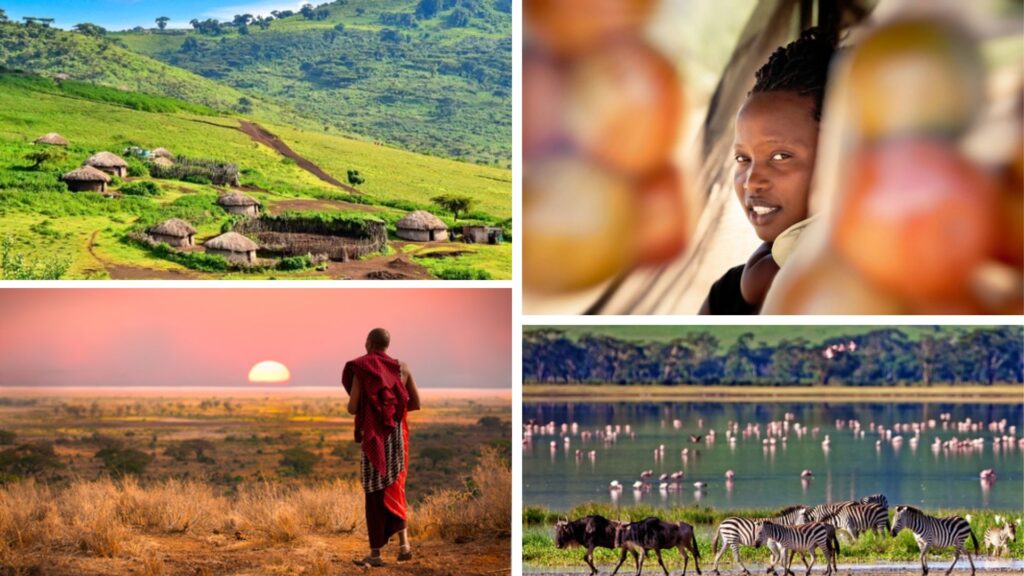
Frequently asked questions about volunteering opportunities in Tanzania
It’s not mandatory or a requirement. Most programs don’t ask for specific training or professional experience. What really matters is your willingness to learn, flexibility, and dedication. That said, certain fields like healthcare or specialized education might require prior studies, but there are plenty of projects open to all kinds of backgrounds.
The dry season, from June to October, is the best time to go since there’s less rain, making travel and outdoor activities easier. Still, programs run year-round. If you’re looking to save on flights, months like March or November usually offer better deals.
The most popular spots for social and educational projects are Moshi, Arusha, Dar es Salaam, and Zanzibar. If you’re interested in conservation and environmental work, most programs operate in the southern regions or near reserves around Serengeti and Kilimanjaro. Each area has its own unique vibe and challenges, so where you choose to go will really depend on the kind of experience you want.
It’s not required, but it’s definitely a good idea to learn some basic phrases. Most international projects are run in English, but knowing how to greet or say thank you in Swahili helps you connect on a deeper level with the local community. Some organizations even offer beginner classes to help you get started.
Tanzania is generally considered one of the safer destinations in sub-Saharan Africa for volunteers and travelers. Still, it’s wise to stick to local guidance, avoid venturing into isolated areas, and register with your embassy if your stay is extended. Ultimately, your safety will depend a lot on staying aware, using common sense, and having a reliable organization backing you up.


















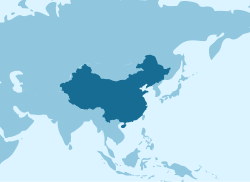




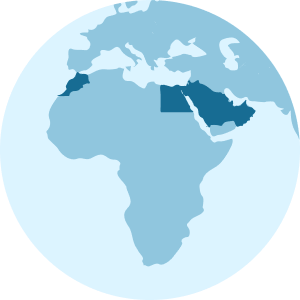



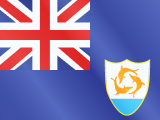

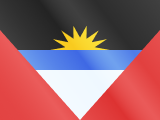








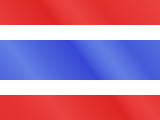







 Pay
Pay  Language
Language  Currency
Currency 


















 No results found
No results found




